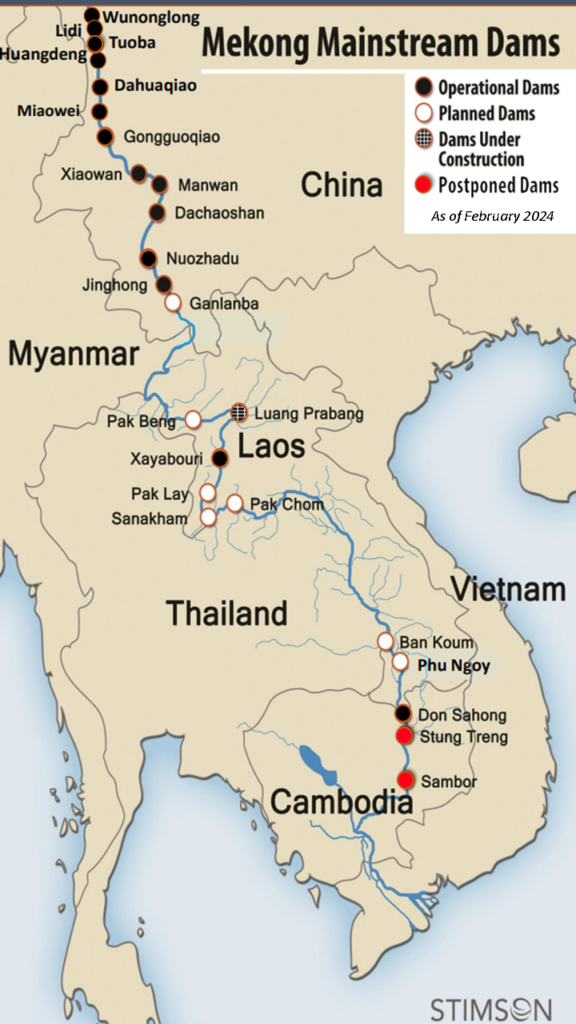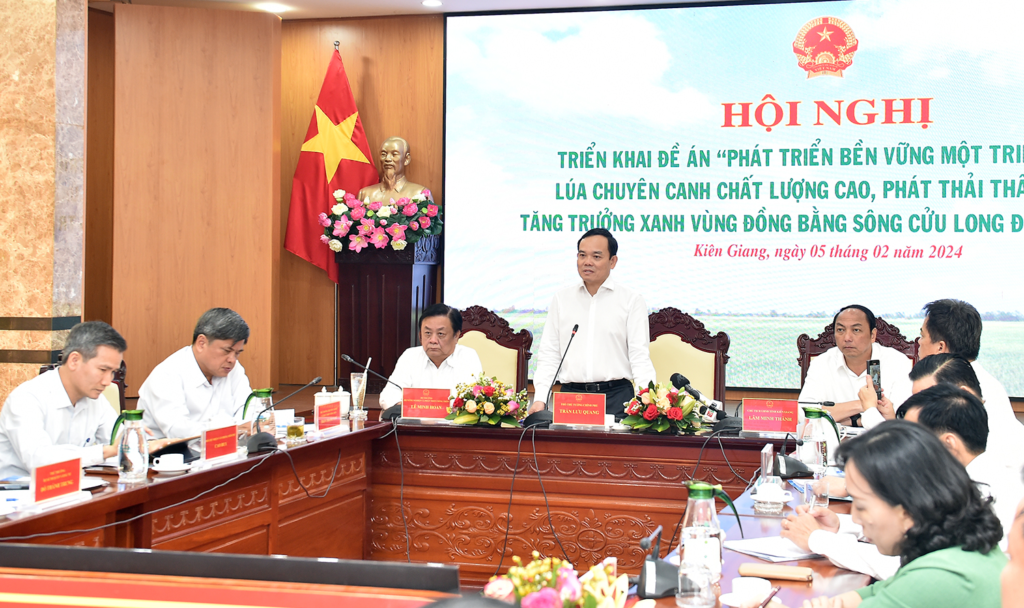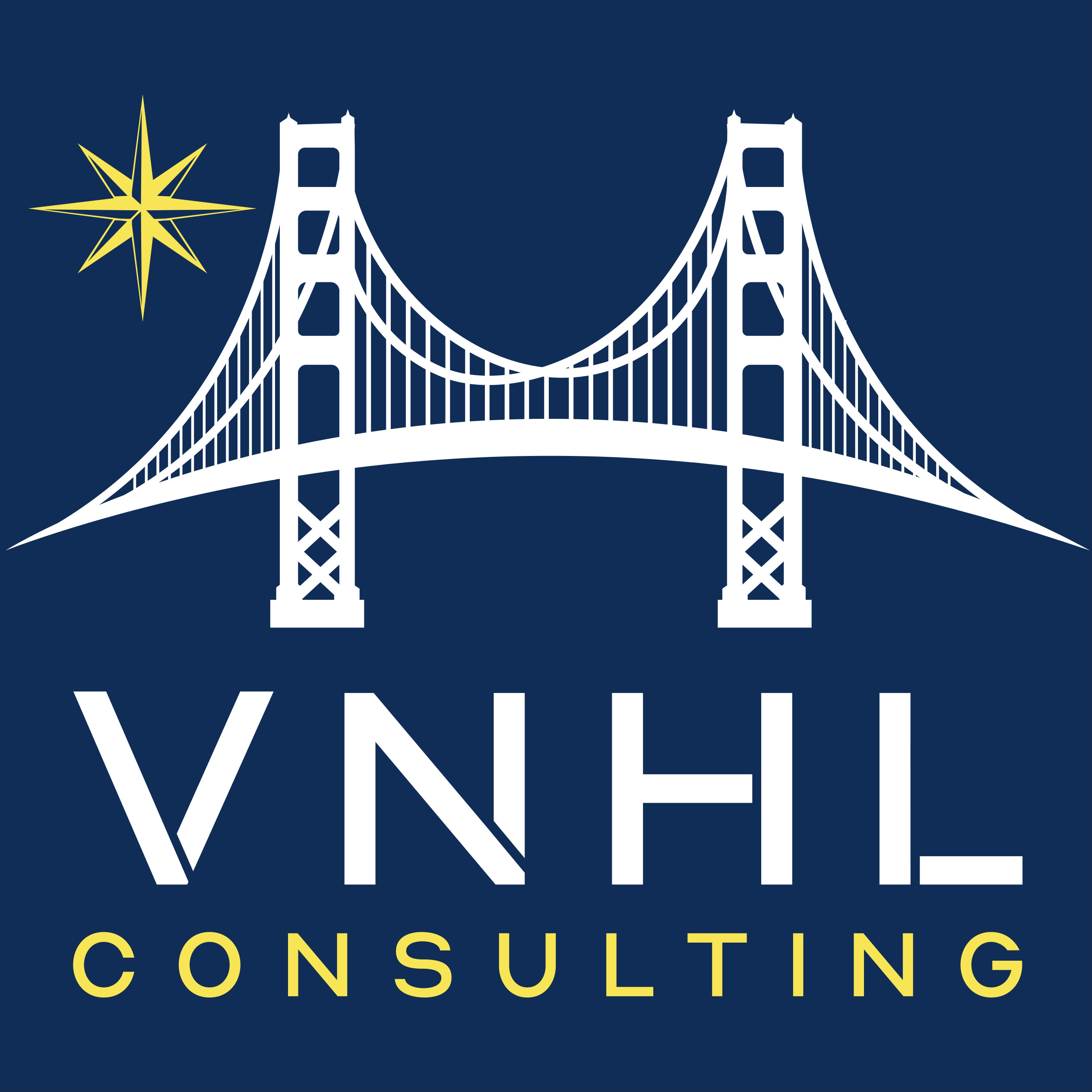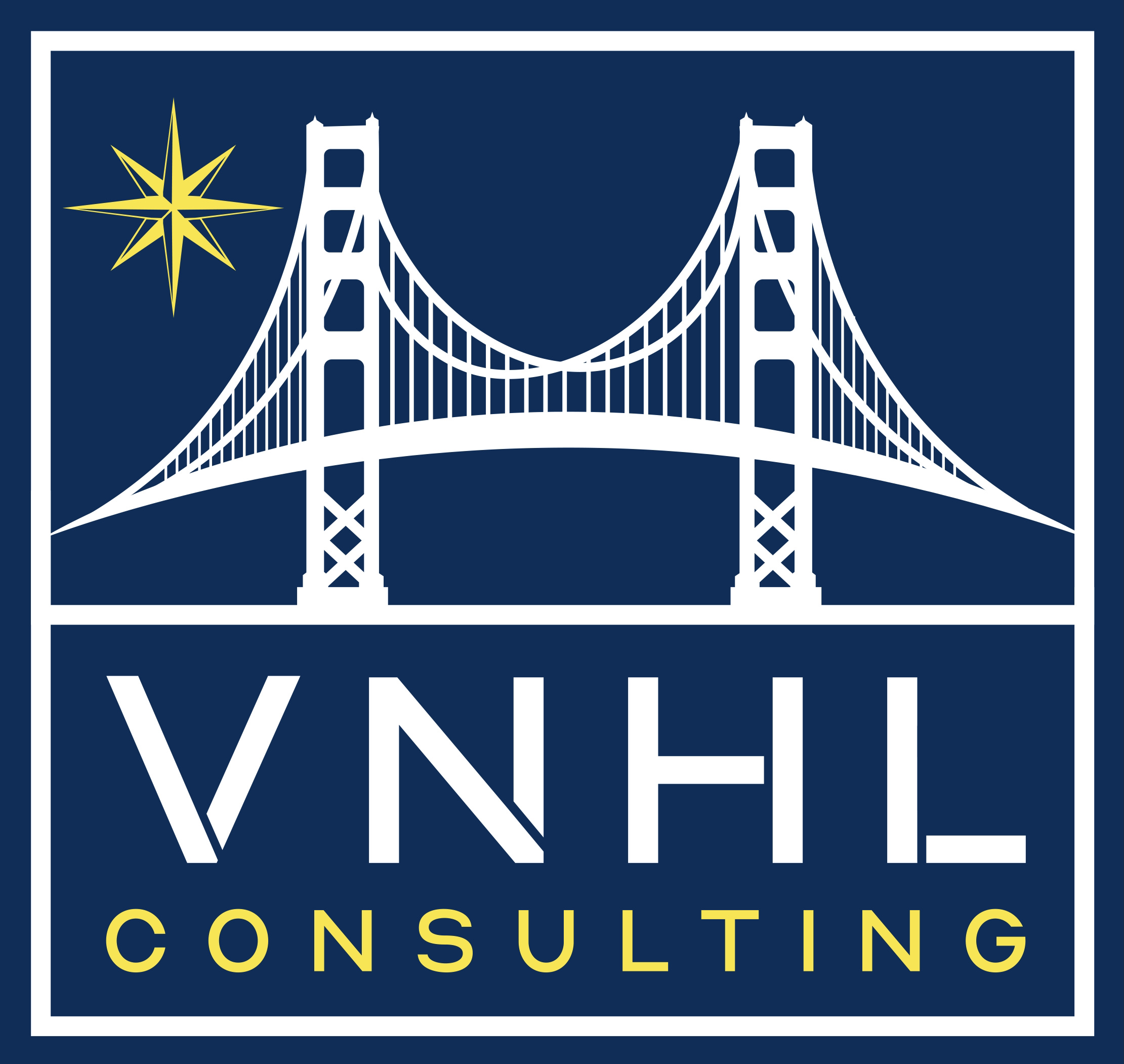Mekong Delta: a sustainable future
- 27/02/2025
- Posted by: Thao Tran
- Category: Blog

The Mekong Delta, located in the South of Vietnam, is of key importance for the country. People often refer to it as “the rice bowl of Vietnam”. It is by far the most productive region in Vietnam for agriculture and aquaculture. Here the mighty Mekong River flows into the East Sea, providing a rich variety of agricultural resources, water supply, and ecological diversity for the whole region. However, the Mekong Delta is also highly sensitive for upstream electricity generation and climate change. These challenges call for action. In this blog post, we are having a closer look at the Mekong Delta, and what may be done to secure its sustainable future.
Key features of the Mekong Delta
The Mekong Delta covers more than 39,000 km², comparable with the whole country of Switzerland (~ 41,000 km2). The area is located to the South of Ho Chi Minh city, to the East of Cambodia, and to the West of the East Sea. It includes 13 provinces, and it has a total population of over 17 million people. The region is ideal for rice cultivation, vegetable farming, and fruit production. In 2024, Vietnam was the third-largest rice exporter globally, with an output of around 9 million tons. More than 90% of this amount came from the Mekong Delta. In addition to rice farming, local farmers are diversifying into aquaculture, such as the raising of catfish and shrimps. Fruit production, with a wide variety of crops available, is another key strength of the Mekong Delta provinces. For these reasons and more, the region provides a livelihood for millions of people.

Key challenges for the Mekong Delta
With its advantages and opportunities unfortunately also come vulnerabilities and challenges. For example: hydropower dams greatly affect this low – lying region. The resulting water retention and release actions are disrupting the ecosystem and living conditions of several aquatic species. Furthermore, the decrease in water flow during the dry season and the reduction of sediment are affecting the soil fertility. At the same time, the region is dealing with salinization issues. These are caused, among other things, by climate change. With these kind of challenges present, it is interesting to see how the people in the Mekong Delta adapt. A personal recommendation for those who are interested to see more about the fascinating Mekong region is: the “Mekong River” with Sue Perkins.

Net zero goals and sustainability
Vietnam has made a commitment to achieve “net-zero emissions” by 2050. This means balancing the amount of greenhouse gases (GHGs) emitted into the atmosphere, with an equivalent amount removed. In order to make good on this commitment, a transition to sustainable agricultural models is key. In this light, several initiatives and programs are launching, including the “One Million Hectares of High-Quality Rice” project. This project focuses on climate-smart farming. Furthermore, it aims to improve rice quality, increase exports, and raise farmers’ incomes. One goal is to reduce input costs by 30%, saving around VND 9,500 billion for farmers. Another goal is to increase profit margins for rice growers by 50%. And a third goals is to cut greenhouse gas emissions by 10%.
The project officially launched in February 2024, and some localities have already piloted it with promising results. Participating farmers are using precise sowing machines, significantly reducing seed usage, fertilizer, and labor costs. At the same time, Government agencies and businesses are cooperating. They do so in order to support the use of modern machinery and technology in soil preparation, crop care, and rice harvesting. Water management practices, such as alternating flooded and dry irrigation, help reduce greenhouse gas emissions and improve production efficiency. Preliminary results show a reduction in greenhouse gas emissions by an average 7-8 tons of CO2 per hectare.

Other actions towards sustainability
Several other initiatives are currently enrolling in order to secure a sustainable future for the Mekong Delta. One such initiative is the issuance of carbon credit. The region has extensive mangrove forests. This makes it suitable, with great potential, for carbon credit development. Additionally, green energy from wind and solar power is also being explored. The Government is active in policy making, supporting technical expertise, and seeking partners in these fields. All with an eye on sustainable economic growth, while contributing to Vietnam’s net – zero goals by 2050. In this way, the Mekong Delta is at the forefront of Vietnam’s transition towards green and sustainable farming. Supported by the generosity of the Mekong River and the kind-heartedness of the local farmers.

VNHL is here to support you
Living in the South of Vietnam, and being deeply connected with the country, we have great respect for those who produce rice, and for the generous land and river that nurture it. Furthermore, we believe that building a sustainable future is a shared responsibility for each of us. That is why every now and then we use our blog posts to zoom in on a topic that is related to sustainability. May it be about the UN Sustainability Goals, or about Responsible Business Conduct: these topics are close to our heart. If you have any ideas, plans, or questions: do not hesitate to reach out to us. You can do so via the chat button on the right of this page, or via our contact us page. Our three main services are: (i) consulting, (ii) networking, and (iii) supporting. We look forward to hearing from you and to supporting you.

*Dear reader, even though our VNHL Consulting team always tries its very best to provide its Clients with correct and complete info: we are not a Vietnamese law firm. The information in this post is therefore not meant to, and should also not be construed to, constitute legal advice. For specialized advice in the fields of law, accounting, tax, etcetera: we always recommend our Clients to speak with qualified specialists in those fields. We have several such specialists in our nationwide network, and we are always happy to introduce our Clients to them, when appreciated.


[…] just economic elites. If you are interested in these topics, we recently wrote two articles about sustainability in the Mekong Delta, and about responsible business […]